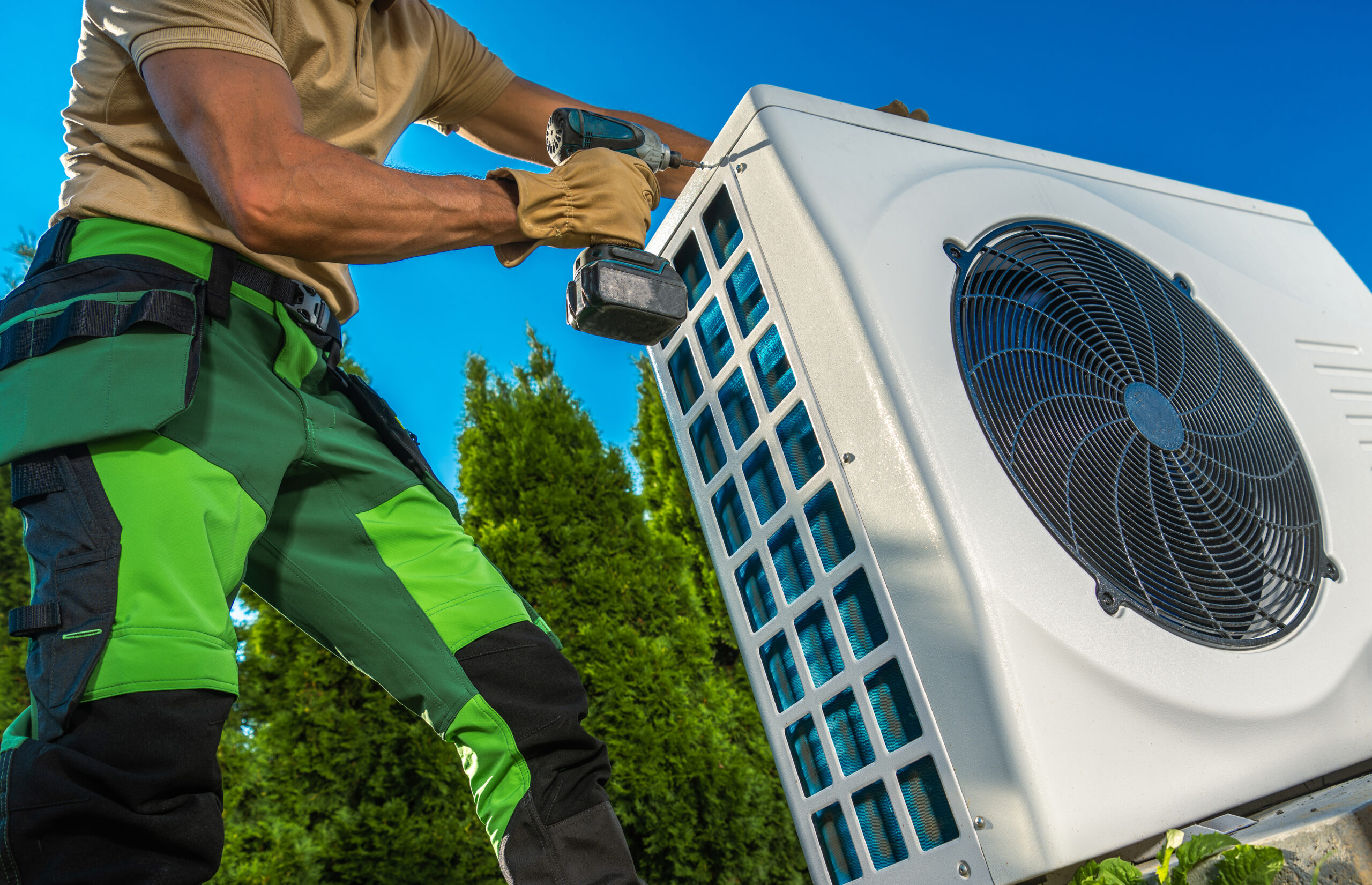As property owners continue to prioritize energy efficiency and cost savings, heat pumps have emerged as a popular solution for both heating and cooling in residential and commercial environments. Heat pumps offer a more environmentally friendly and energy-efficient alternative to traditional systems, providing year-round comfort and the potential for significant cost savings. If you’re considering upgrading your property’s HVAC system, it’s essential to understand the advantages of heat pumps and how they can cater to your unique comfort requirements.
Join us as we explore the basics of heat pump technology, discussing how these innovative systems work, their key benefits, and the different types available. Additionally, we’ll examine the considerations for selecting the ideal heat pump for your specific property needs and the professional support available to ensure optimal system performance. Our professionals and technicians possess extensive knowledge and experience in providing expert guidance and assistance in selecting, installing, and maintaining heat pump systems for a wide range of residential and commercial properties.
How Heat Pumps Work
Heat pumps utilize advanced technology to transfer heat between the indoors and outdoors, providing both heating and cooling capabilities depending on the season. Unlike traditional systems that generate heat through combustion, heat pumps work by extracting heat from one environment and transferring it to another. In the winter, heat pumps collect heat from the outside air or ground and move it indoors, while in the summer, they reverse this process by extracting indoor heat and sending it outside, effectively cooling the space.
This heat transfer process makes heat pumps highly energy-efficient, as they require less energy to move heat than to generate it. By relying on this efficient method of temperature control, heat pumps provide an eco-friendly and cost-effective solution for both residential and commercial properties.
Types of Heat Pumps
There are several types of heat pumps available to cater to the unique needs of various properties. The most common heat pump categories include:
- Air-Source Heat Pumps: These systems extract heat from the outside air, transferring it between the indoor and outdoor environments to provide heating or cooling. Air-source heat pumps are the most common type of heat pump and are suitable for a wide range of climates.
- Ground-Source Heat Pumps: Also known as geothermal heat pumps, these systems harness heat from the earth or a body of water using a series of underground pipes filled with water or refrigerant. Ground-source heat pumps are highly efficient and can result in significant energy cost savings over time, but their installation can be more complex and costly.
- Absorption Heat Pumps: These systems use a heat source, such as natural gas, propane, or solar energy, to evaporate a refrigerant and drive the heat transfer process. Absorption heat pumps can be an ideal choice for properties with access to an abundant heat source, offering both energy efficiency and cost savings.
Key Benefits of Heat Pumps
Heat pumps offer several benefits for property owners, including:
- Energy Efficiency: Heat pumps are highly energy-efficient thanks to their heat transfer process, resulting in lower energy consumption, reduced utility bills, and a reduced environmental impact.
- Year-Round Comfort: Heat pumps provide both heating and cooling capabilities, making them a versatile and convenient solution for maintaining comfortable temperatures in your property regardless of the season.
- Enhancing Indoor Air Quality: Unlike traditional systems that rely on combustion to generate heat, heat pumps do not produce byproducts such as carbon monoxide, contributing to cleaner and healthier indoor air.
- Reduced Maintenance Requirements: Heat pumps typically have fewer moving parts than traditional HVAC systems and, as a result, require less maintenance over their lifespan. By investing in routine preventative maintenance, property owners can further extend the lifespan and enhance the performance of their heat pump systems.
Selecting the Right Heat Pump for Your Property
When deciding on the ideal heat pump for your residential or commercial property, it’s crucial to consider factors such as climate, property size, and energy requirements. Our professionals and technicians can help guide you through the selection process, providing expert advice and support to ensure you choose the perfect heat pump system to meet your unique needs.
Additionally, it’s important to consider the efficiency ratings of potential heat pump systems, such as the Seasonal Energy Efficiency Ratio (SEER) and the Heating Seasonal Performance Factor (HSPF). These ratings provide valuable insight into a heat pump’s performance, guiding property owners toward systems that prioritize energy efficiency and offer long-term cost savings.
Professional Support for Heat Pump Installation and Maintenance
Proper installation and routine maintenance are essential components of maximizing the performance and lifespan of your heat pump system. Our technicians have the skill and expertise to ensure your heat pump is installed correctly and maintained to the highest standards, providing you with peace of mind and reliable temperature control for years to come.
Conclusion
Heat pumps are a highly energy-efficient and versatile solution for heating and cooling in both residential and commercial properties. By understanding how heat pumps work, the types available, and their numerous benefits, property owners can make an informed decision about whether a heat pump system is the right choice for their unique comfort needs.
At Air Rite, our professionals and technicians are dedicated to helping you select, install, and maintain the ideal heat pump system for your property, ensuring optimal performance, energy efficiency, and long-lasting satisfaction. Reach out to our team today to discuss your heating and cooling needs and discover the potential benefits of investing in heat pumps in Atascadero.

















